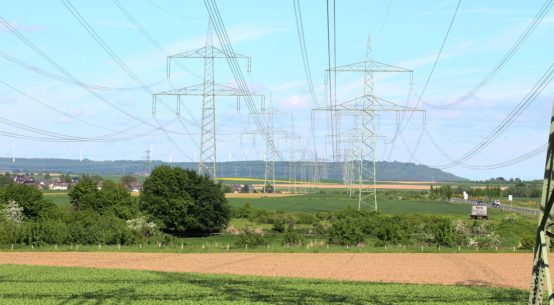
Wellington – Emergency ambulance crews are under greater pressure in remote areas of New Zealand as ambulance staff should provide more robust emergency response services, a rural health leader says.
The Rural Health Alliance Aotearoa New Zealand (RHAANZ) welcomes the recent announcement that nearly 400 new emergency ambulance roles will be created over the next four years to relieve single officer crews. An extra $59.2 million will be spent to double crew all road ambulances with 375 new recruits by 2021, Health Minister Jonathan Coleman says.
But RHAANZ chair Dr Martin London says it is important that rural ambulances are crewed by two appropriately trained officers.
“This means that both have appropriate clinical skills to work in an emergency without supervision such as critical lifesaving interventions or where there are two or more patients, such as high-speed road accidents or maternity emergencies.
No back up for rural NZ
“In rural New Zealand, we do not have the luxury of being able to call for back up at short notice if the situation starts to deteriorate quickly.
“New Zealand is the only first world county with single crewed ambulances. Double crewing of our ambulance services is an important step in the right direction and will help ensure patients in rural New Zealand have the same level of care most urban people currently have. It is also an important factor for the safety and wellbeing of our rural ambulance workforce.
“We would also like to see our rural ambulance services funded at a level which ensures their long-term financial sustainability and reduces their need to be constantly fund raising. They are a critical component of our rural health workforce, without whom, we cannot achieve our goal of equitable health services for rural communities in New Zealand.
Health service needs to be equitable
Equitable “One of RHAANZ’s top priorities is ensuring rural communities have excellent access to health care services closer to home with timely access to specialist and emergency transfer services when needed.
“We want to ensure the rural health and social service workforce is well resourced and supported to provide the highest quality service for people in their care.”
RHAANZ says it is pleased that this extra funding is a step in the right direction towards providing equitable health services for rural communities.
For more information contact Make Lemonade editor-in-chief Kip Brook on 0275 030188.
Photo: Dr Martin London.



